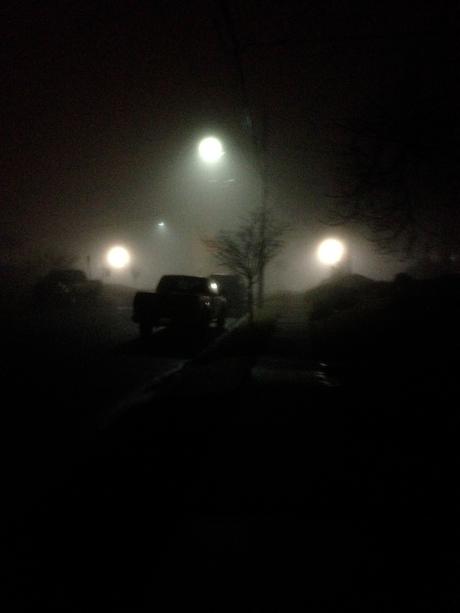“Remember, remember, the fifth of November,” the old rhyme goes. Earlier this week I advocated for Halloween being the start of the holiday season. There’s been a lot going on this week and I’m now reflecting on how Halloween also took some of its identity from Guy Fawkes Day (or more properly Guy Fawkes Night), here on November fifth. Halloween, as we know it, incorporates traditions from Samhain (actually November 1), All Souls Day (November 2), as well as Guy Fawkes (November 5). All the while the Hispanic world is observing Dia de los Muertos, a multi-day holiday whose origins are somewhat uncertain but which shares similarities with Halloween. In other words, it’s a veritable week of spookiness to get our November started off right.
Ironically, at least in corporate America, none of these are work-free holidays. For the Celts Samhain was the most important day of the year. A day when the dead might wander into our realm or we might stumble into theirs. For the modern person it’s a day of checking email, making deals, trading and evaluating how well we did at it. Pretty mundane stuff. The message of all of these holidays is that there are matters of deeper import going on. We should perhaps look up from our monitors and see. Just as that veil between the living and dead thins at this time of year, so does that line between work and personal life, when our laptops are as omnipresent as a haunting deity set to keep our minds on the sin of not working.

Guy Fawkes is about rebellion. More specifically, putting down rebellion. Keeping the status quo. Halloween and its siblings are all about challenging the way things are usually done. I often wonder what it would be like if people took it seriously. The costumes are fun, yes, and the trick-or-treating, but there’s something more serious underneath. Perhaps symbolically we pretty much ignore All Saints to Guy Fawkes, or Dia de los Muertos as pleasant diversions. There’s some spiritual heavy lifting going on behind the scenes, however. It’s not all about fun and games, because fear is always with us. We know there are problems but it’s more comfortable keeping things as they are. Guy Fawkes, perhaps for a cause we see as obsolete—restoring a Catholic monarchy—was trying to change things for the better. What’s more, his motivation was religious. There are spooky parallels here, even today. It might be good to take a day off work to ponder the implications.
